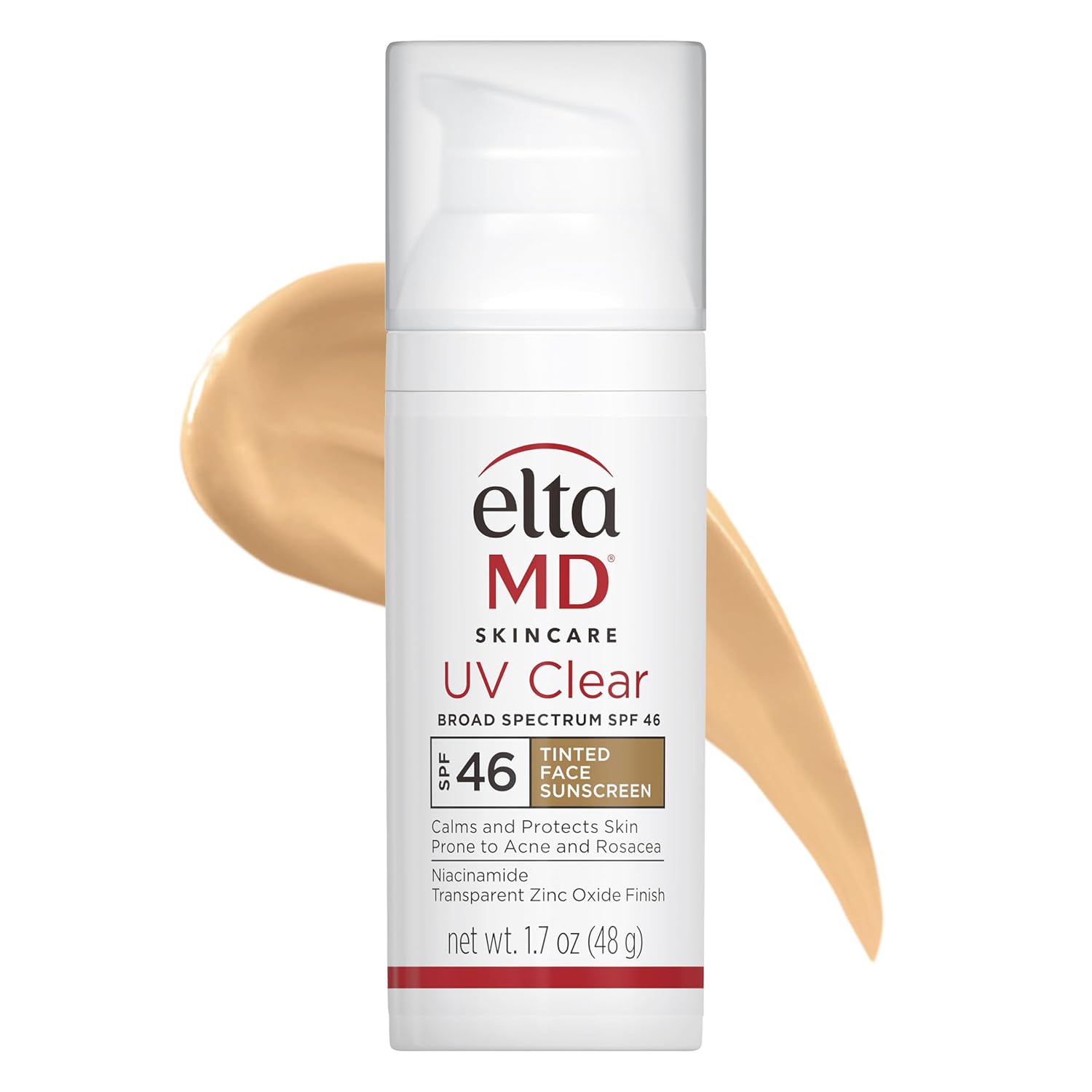












Price: $46.00
(as of Apr 12, 2025 01:51:18 UTC - Details)
The Best Sunblock for Face: A Comprehensive Guide to Protecting Your Skin
Introduction
When it comes to skincare, one of the most critical products you can invest in is sunblock, especially for your face. The best sunblock for face not only protects you from harmful UV rays but also prevents premature aging and skin damage. With so many options on the market, finding the right one can be overwhelming. In this article, we will explore various types of sunblock, their benefits, and what to look for when choosing the perfect product for your skin. We will also delve into long-tail keywords like "best sunblock for sensitive skin" and "best sunblock for oily skin" to help you make an informed decision.
Understanding SPF: What You Need to Know
What is SPF and Why is it Important?
SPF, or Sun Protection Factor, measures how well a sunblock can protect your skin from UVB rays, which are primarily responsible for sunburn. A higher SPF means more protection. For daily use, a sunblock with at least SPF 30 is recommended. However, understanding SPF is just the beginning. You also need to consider how often you will be exposed to the sun and your skin type.
Broad Spectrum Protection
When looking for the best sunblock for face, ensure it offers "broad spectrum" protection. This means it protects against both UVA and UVB rays. UVA rays can penetrate deeper into the skin and cause aging, while UVB rays are responsible for sunburn. A broad spectrum product will provide comprehensive coverage.
Selecting the Right Formula for Your Skin Type
Best Sunblock for Sensitive Skin
If you have sensitive skin, finding the right sunblock can be challenging. Look for products labeled "hypoallergenic" and "fragrance-free." Mineral-based sunblocks containing zinc oxide or titanium dioxide are often recommended for sensitive skin, as they sit on top of the skin and reflect UV rays rather than absorbing them.
Best Sunblock for Oily Skin
Those with oily skin should opt for lightweight, non-comedogenic formulas that won't clog pores. Gel-based sunblocks or those labeled as "matte finish" can help control excess oil while still providing adequate sun protection. Ingredients like salicylic acid can also be beneficial for oily skin types.
Best Sunblock for Dry Skin
For dry skin, a moisturizing sunblock is essential. Look for products containing ingredients like hyaluronic acid or glycerin, which help to hydrate the skin while providing sun protection. Cream-based formulas tend to be more nourishing and can help keep your skin feeling soft and supple.
The Importance of Daily Application
How Often Should You Reapply Sunblock?
Even the best sunblock for face needs to be reapplied throughout the day. Experts recommend reapplying every two hours, especially if you are sweating or swimming. Keep a travel-sized version in your bag for easy access. Remember, even on cloudy days or when you're indoors, UV rays can still penetrate windows, so daily application is crucial.
The 5-Finger Method for Application
To ensure even coverage, use the "5-finger method" when applying sunblock. Apply a nickel-sized amount for your face and neck, using your fingers to spread it evenly. Don’t forget areas like your ears and the back of your neck!
Additional Tips for Effective Sun Protection
Pairing Sunblock with Other Products
For optimal protection, consider pairing your sunblock with other skincare products. A moisturizer with SPF can provide an extra layer of defense, while makeup with sun protection can enhance your coverage. Look for BB or CC creams that contain SPF for a two-in-one solution.
Clothing and Accessories for Sun Protection
In addition to using the best sunblock for face, consider wearing protective clothing and accessories. A wide-brimmed hat and UV-blocking sunglasses can provide additional coverage. Seek out clothing labeled with UPF (Ultraviolet Protection Factor) for extra safety.
Myths and Misconceptions about Sunblock
Does Higher SPF Mean Better Protection?
Many people believe that a higher SPF automatically means better protection. While higher SPF does offer more protection against UVB rays, it's essential to remember that no sunblock can block 100% of UV rays. Also, higher SPF products may give a false sense of security, leading to longer sun exposure without reapplication.
Can I Skip Sunblock on Cloudy Days?
Another common myth is that you can skip sunblock on cloudy days. UV rays can penetrate clouds, so it's crucial to wear sunblock every day, regardless of the weather. Make it a habit, and your skin will thank you!
Conclusion
Choosing the best sunblock for face is a vital step in protecting your skin from harmful UV rays. Whether you have sensitive, oily, or dry skin, there are plenty of options available to suit your needs. Remember to look for broad spectrum protection, apply daily, and reapply every two hours. By making sun protection a priority, you can maintain healthy, youthful skin for years to come. Don't overlook this essential part of your skincare routine—your skin deserves the best!
